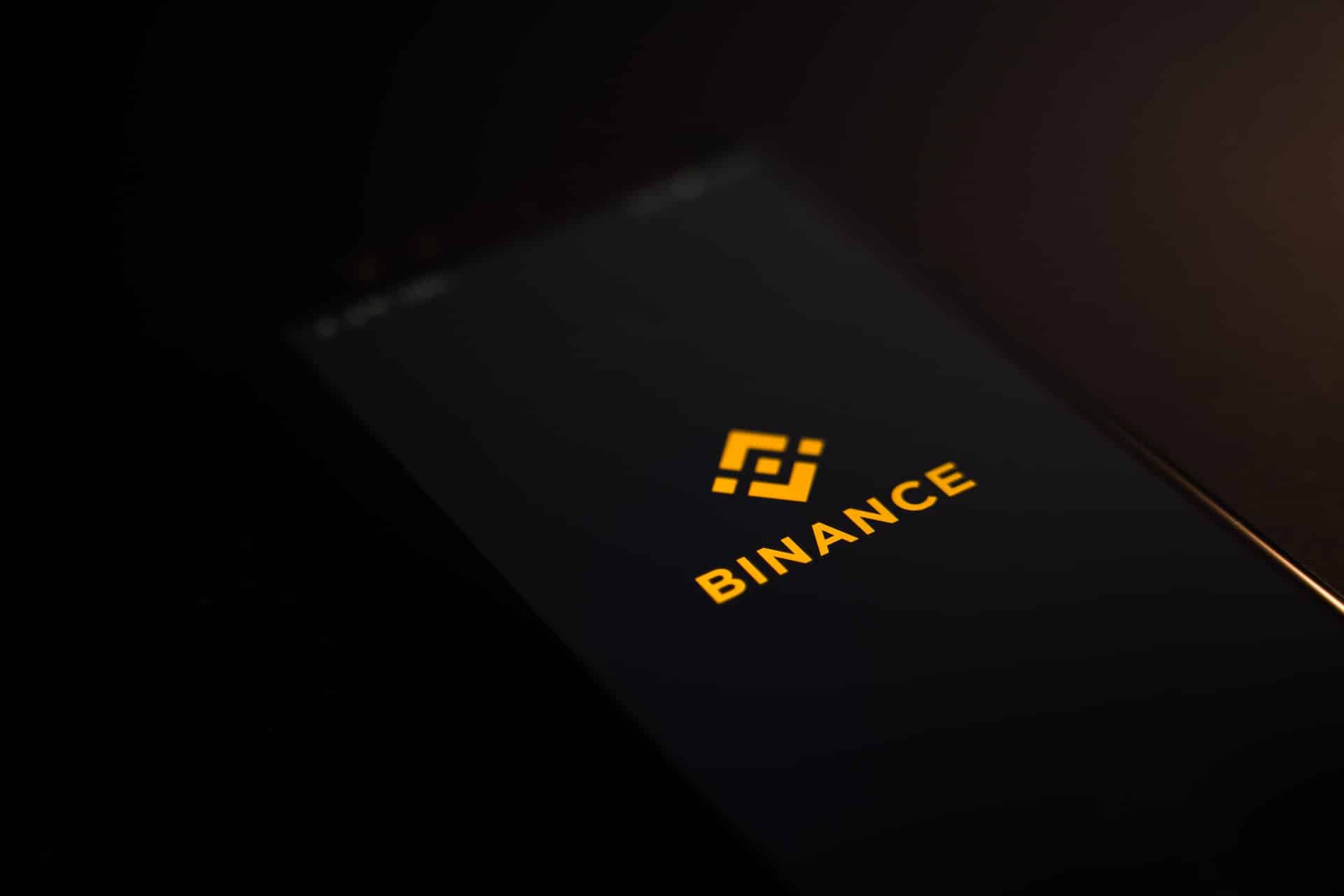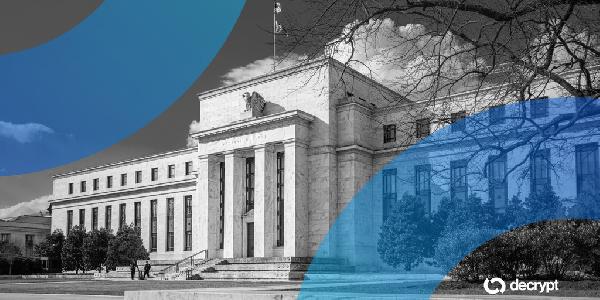
 Binance threatened to delist prominent privacy cryptocurrencies Monero and Zcash due to increased regulatory attention surrounding anonymous digital assets. Image by Vadim Artyukhin, Unsplash.
Binance threatened to delist prominent privacy cryptocurrencies Monero and Zcash due to increased regulatory attention surrounding anonymous digital assets. Image by Vadim Artyukhin, Unsplash.On Thursday, Binance warned it may soon delist 10 prominent privacy coins, including Monero, Zcash, and Horizen due to regulatory concerns.
In a statement, Binance said these tokens received a “monitoring tag” and could fail to meet listing requirements related to team commitment, network security, trading volume, and other factors.
“Tokens with the Monitoring Tag exhibit notably higher volatility and risks compared to other listed tokens. These tokens are closely monitored, with regular reviews conducted,” Binance stated. “Keep in mind that tokens with the Monitoring Tag are at risk of no longer meeting our listing criteria and being delisted from the platform.”
The announcement immediately impacted prices, with Monero falling 5 and Zcash 12 in the past day according to CMC data.
Regulators Raise Concerns Over Privacy Coins’ Anonymity
Privacy coins allow users to conceal wallet balances, transaction details, and other information. This has attracted scrutiny from global regulators worried about potential illicit usage.
Last year, Binance said it would remove privacy coins in order to comply with European laws. Critics suggested the latest warnings are tied to ongoing high regulatory attention.
Binance now requires traders of these tokens to pass periodic quizzes on risks, a move some view as another attempt to discourage usage due to compliance pressures.
“The monitoring tag has been placed on FIRO along with other privacy coins due to increased regulatory pressure, including from MiCA, recent initiatives from U.S. regulators and compliance to Binance’s settlement with the U.S. DoJ,” Firo co-founder Reuben Yap said in an interview with The Block.
Loss of Exchange Access Harms Liquidity and Discoverability
Last week, rival exchange OKX also revealed plans to delist major privacy coins Zcash and Monero by January 5. OKX said these assets no longer align with listing standards.
Centralized exchanges are increasingly limiting or removing privacy tokens, but there are still options for users wishing to trade them.
Decentralized platforms like Uniswap allow access with no KYC requirements. Bisq and LocalMonero operate without controlling user funds. Volumes on these platforms remain far below larger centralized exchanges, however.
Advocates Clash With Regulations on Anonymity
Privacy coin proponents such as the American Civil Liberties Union argue that financial anonymity is a human right, providing protection from surveillance, identity theft, and other risks.









